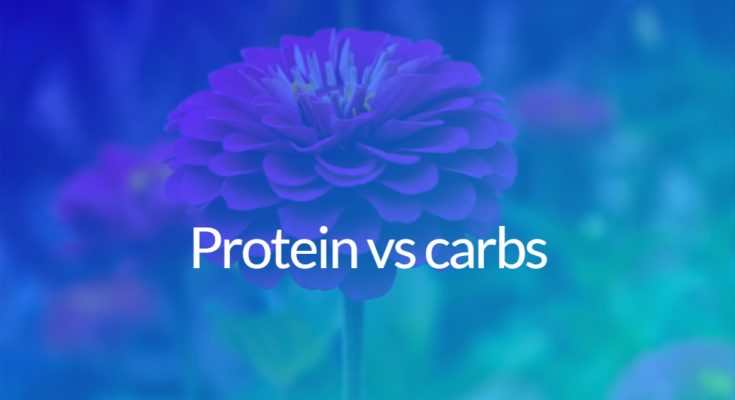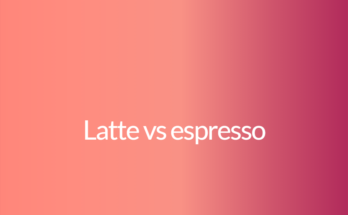Protein and carbohydrates (carbs) are two essential macronutrients that are important for maintaining overall health and providing energy to the body. While both protein and carbs are important for a balanced diet, they serve different purposes and have distinct effects on the body. In this article, we will explore the differences between proteins and carbs.
Introduction:
Protein and carbs are two macronutrients that play a crucial role in our diet. Proteins are made up of amino acids and are vital for the growth, repair, and maintenance of tissues in the body. Carbs, on the other hand, are the body’s primary source of energy. They are broken down into glucose, which is used by the body for energy.
Difference Between Protein and Carbs:
1. Structure:
Proteins are complex molecules made up of long chains of amino acids. There are 20 different types of amino acids, and the sequence in which they are arranged determines the structure and function of the protein. Carbs, on the other hand, are simple sugars, starches, and fibers. They are composed of carbon, hydrogen, and oxygen atoms.
2. Function:
Proteins have various functions in the body. They are crucial for the growth and repair of tissues, production of enzymes and hormones, and maintaining a strong immune system. Carbs, on the other hand, are primarily responsible for providing the body with energy. They are quickly broken down into glucose, which is used for immediate energy or stored in the muscles and liver as glycogen.
3. Nutrient Density:
Proteins are considered to be more nutrient-dense than carbs. They contain essential amino acids that are not produced by the body and must be obtained through diet. Proteins are found in animal products such as meat, poultry, fish, eggs, and dairy, as well as plant-based sources such as beans, lentils, nuts, and seeds. Carbs, on the other hand, are found in a variety of foods including grains, fruits, vegetables, and legumes.
4. Digestion and Absorption:
Proteins undergo a complex process of digestion in the stomach and small intestine. They are broken down into individual amino acids, which are then absorbed into the bloodstream and used by the body. Carbs, on the other hand, are broken down into glucose during digestion and absorbed into the bloodstream rapidly. Excess glucose is stored as glycogen in the liver and muscles or converted into fat for long-term storage.
5. Satiety:
Proteins are known to be more filling and satiating compared to carbs. They take longer to digest, and the presence of protein in a meal can help to regulate appetite and reduce cravings. Carbs, especially those that are highly processed and refined, can lead to rapid spikes in blood sugar levels and subsequent crashes, which can leave you feeling hungry and craving more food.
Conclusion:
Protein and carbs are both essential macronutrients, but they have different functions and effects on the body. Proteins are vital for tissue growth and repair, while carbs provide the body with energy. It is important to include a balance of both protein and carbs in your diet to ensure overall health and wellbeing. Remember to choose high-quality protein sources and opt for complex carbs over simple sugars for sustained energy levels.



